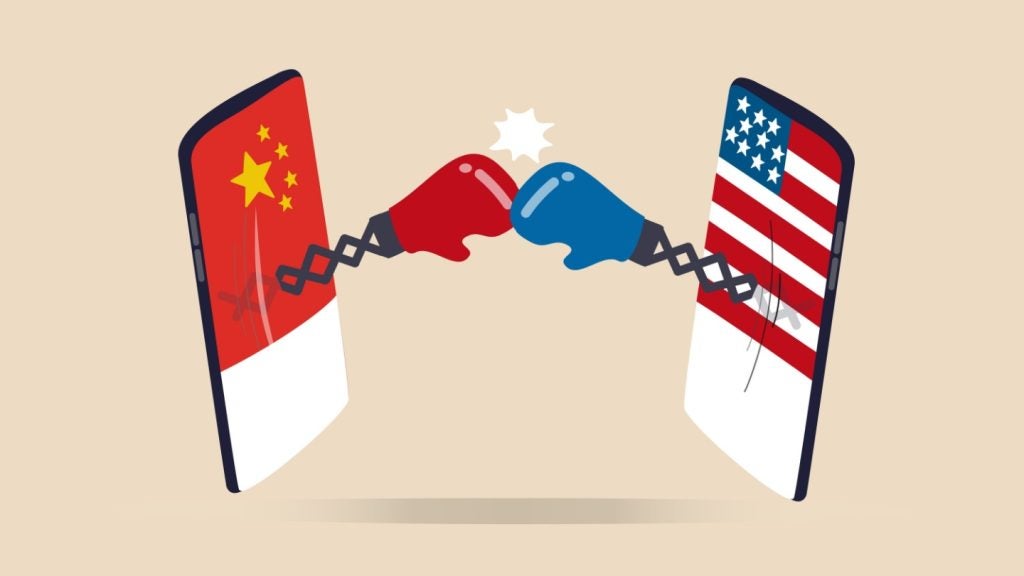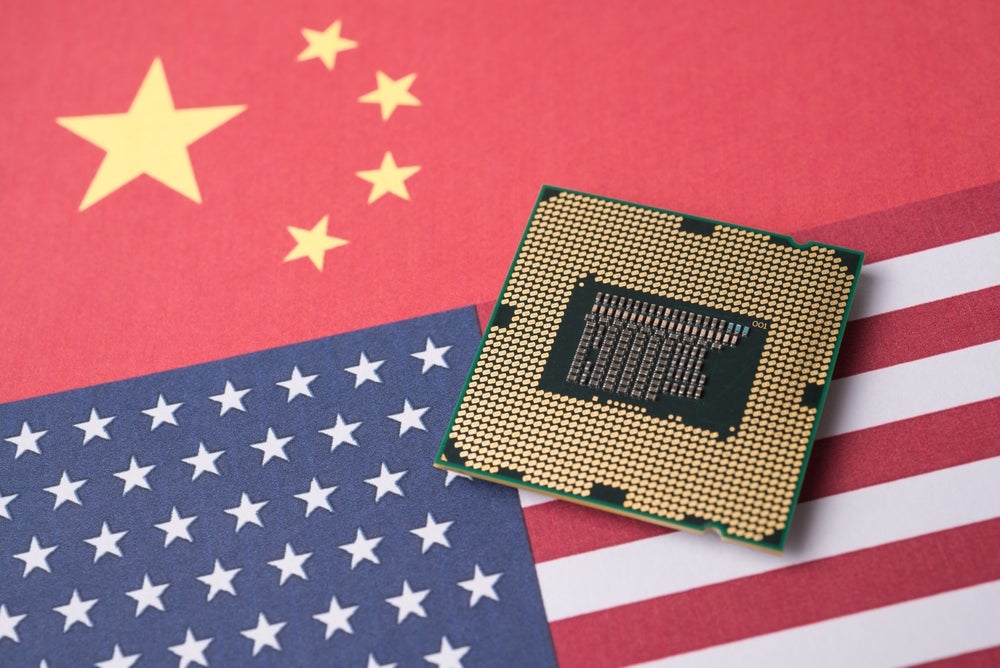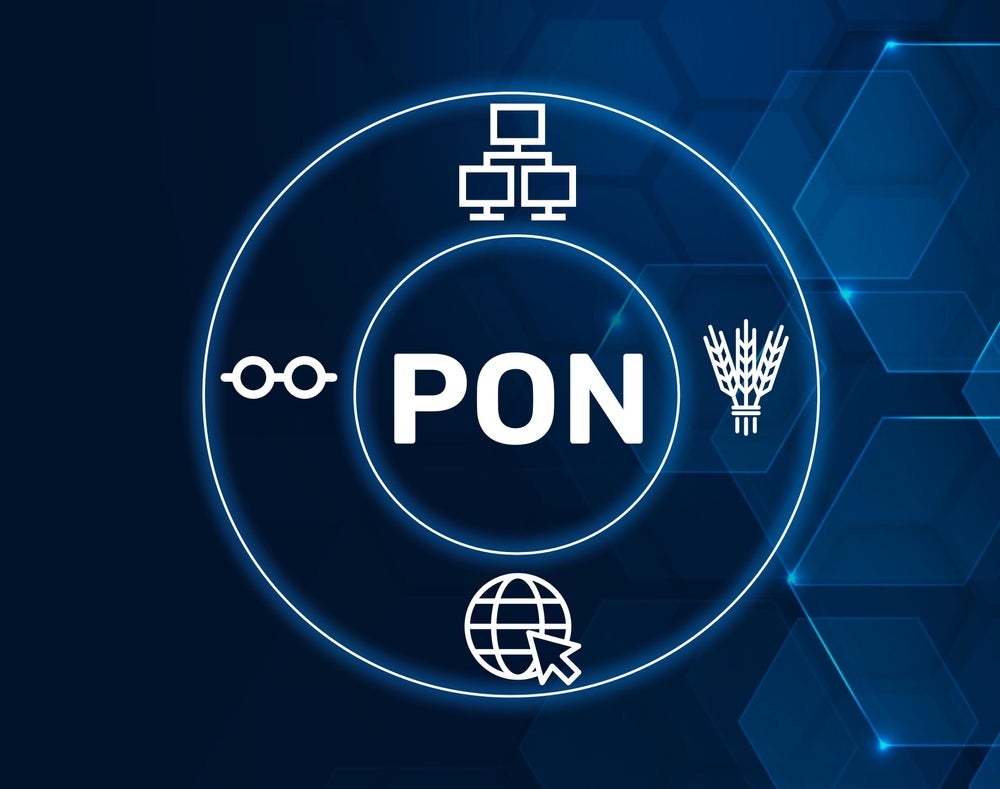Block has filed a patent for a method that allows a payment system to store and process payment transactions even when it is unable to access a remote payment service system. The method involves receiving data indicating a payment transaction, determining the inability to access the remote system, storing the transaction, and later transmitting it for processing when access is restored. GlobalData’s report on Block gives a 360-degree view of the company including its patenting strategy. Buy the report here.
According to GlobalData’s company profile on Block, Social commerce was a key innovation area identified from patents. Block's grant share as of September 2023 was 53%. Grant share is based on the ratio of number of grants to total number of patents.
Method for storing and processing payment transactions without preapproval


A recently filed patent (Publication Number: US20230316255A1) describes a method and system for processing payment transactions in a merchant-facing portion of a payment system. The method involves receiving data from a customer-facing portion of the payment system indicating a payment transaction between a merchant and a customer. The payment system is configured to communicate with a remote payment service system via an external network.
In the method, it is determined whether the payment system is unable to access the remote payment service system via the external network. If so, a risk heuristic model is executed by at least one processor in the merchant-facing portion of the payment system. This risk heuristic model is dynamically modified by the remote payment service system when the payment system is able to access the remote payment service system via the external network. The determination of whether the payment transaction is approved for payment is based on executing the risk heuristic model, which includes evaluating factors such as the value of the payment transaction, the total value of payment transactions, and the number of transactions stored on the payment system.
The payment transaction is stored on the merchant-facing portion of the payment system, even if it is not preapproved for payment by the remote payment service system. After storing the payment transaction, it is determined whether the payment system is able to access the remote payment service system via the external network. If so, transaction information including the stored payment transaction is transmitted to the remote payment service system for processing. The transaction information causes the remote payment service system to process the stored payment transaction.
The system described in the patent includes one or more processors and non-transitory computer-readable media storing instructions executable by the processors. The system performs acts similar to the method described above, including receiving data from the customer-facing portion of the payment system, determining the accessibility of the remote payment service system, executing the risk heuristic model, storing the payment transaction, and transmitting transaction information to the remote payment service system for processing.
Overall, this patent describes a method and system that allows for the processing of payment transactions even when the payment system is unable to access the remote payment service system. By utilizing a risk heuristic model and storing the payment transaction locally, the system can continue to process transactions and transmit them for processing once connectivity to the remote payment service system is restored. This innovation could potentially improve the reliability and efficiency of payment processing systems.
To know more about GlobalData’s detailed insights on Block, buy the report here.
Data Insights
From

The gold standard of business intelligence.
Blending expert knowledge with cutting-edge technology, GlobalData’s unrivalled proprietary data will enable you to decode what’s happening in your market. You can make better informed decisions and gain a future-proof advantage over your competitors.







